Impacted Wisdom Tooth
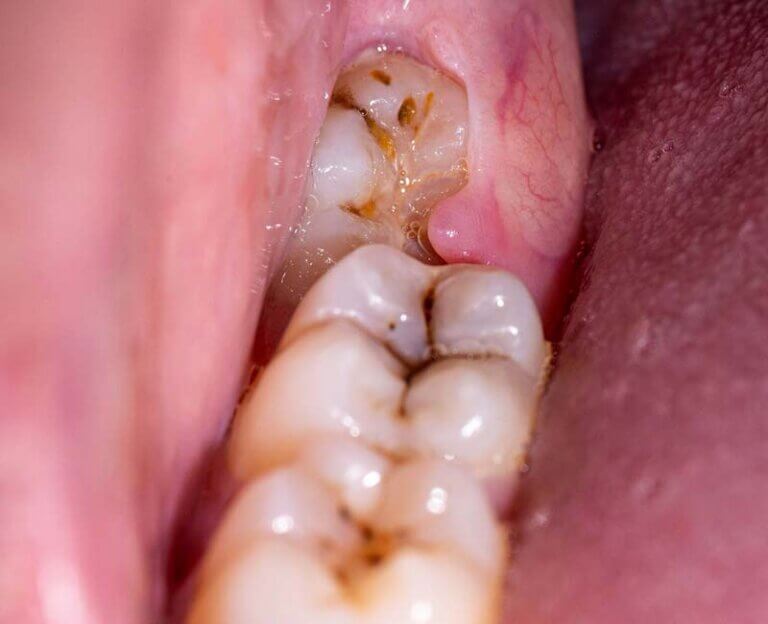
What Is an Impacted Wisdom Tooth?
If you’re feeling a persistent ache at the back of your mouth, it might be due to an impacted wisdom tooth. Wisdom teeth, or third molars, typically emerge between ages 17 and 25. When there’s insufficient space or misalignment, these teeth may not fully break through the gums, leading to impaction.
An impacted wisdom tooth can lead to discomfort, swelling, and even infection. Learning more about what causes impacted wisdom teeth, recognizing the symptoms, and understanding your treatment options can help you manage the situation effectively. Before you contact a Toronto dentist to examine Impacted Wisdom Tooth, there are some things you should know as a patient:
- Why Do I Have An Impacted Wisdom Tooth?
- Signs And Symptoms Of An Impacted Wisdom Tooth
- Types of Wisdom tooth Impactions
- Treatment Options For An Impacted Wisdom Tooth
- Managing Impacted Wisdom Tooth Until You Can See The Dentist
- Frequently Asked Questions About Impacted Wisdom Teeth
If you have questions about Impacted Wisdom Tooth or other dental problems, please contact us for more information.
Why Do I Have an Impacted Wisdom Tooth?
Several factors contribute to impacted wisdom teeth. These include:
- Insufficient Jaw Space: Often, the human jaw isn’t large enough to accommodate these late-emerging teeth, leading to impaction.
- Genetic Predisposition: Genetics play a significant role in jaw size and shape. If impacted wisdom teeth are common in your family, you might be at a higher risk.
- Misalignment of Existing Teeth: Existing teeth can block wisdom teeth from erupting, especially if they are crowded or misaligned.
- Delayed Eruption: If the wisdom teeth emerge late, there may already be limited space in the jaw, increasing the likelihood of impaction.
- Abnormal Tooth Development: Sometimes, wisdom teeth develop abnormally, such as growing at an angle, which can obstruct proper eruption.
If you’re concerned about impacted wisdom teeth or experience symptoms, seeking a consultation with a dentist can help you understand your specific situation. For more information about Impacted Wisdom Tooth, please contact us.
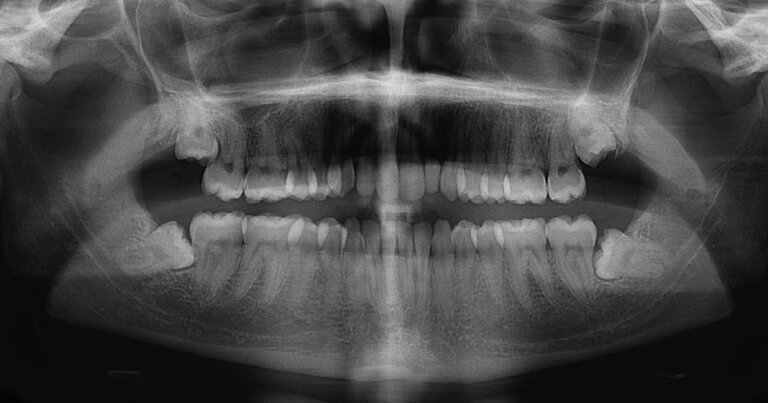
Signs and Symptoms of Impacted Wisdom Tooth
Recognizing the signs of an impacted wisdom tooth is essential for timely treatment. Common symptoms include:
- Persistent Pain: A dull ache or sharp pain in the back of the mouth, which may worsen when chewing or biting down.
- Swollen or Tender Gums: Inflammation around the affected area can make the gums red, swollen, and painful.
- Difficulty Opening Mouth: Restricted jaw movement, often with a clicking sensation, can indicate an impacted tooth.
- Redness and Irritation: Gums around the impacted tooth may appear irritated, and you may notice bleeding when brushing.
- Bad Breath: Food particles and bacteria around the impacted tooth can lead to halitosis (bad breath).
- Difficulty Eating: Pain and swelling may make it hard to chew certain foods, leading to dietary adjustments.
If you’re experiencing any of these indicators, it’s essential to consult with a dentist for proper evaluation and treatment. For more information about Impacted Wisdom Tooth, please contact us.
Types of Wisdom tooth Impactions
Based on Tissue Involvement:
- Soft Tissue Impaction: The tooth is partially covered by gum tissue, making it harder to clean and more susceptible to infection.
- Partial Bony Impaction: The tooth is partially encased in bone, which can cause discomfort and lead to hygiene challenges.
- Complete Bony Impaction: The tooth is entirely within the jawbone, requiring surgical intervention for removal.
Based on Tooth Angle:
- Vertical Impaction: The tooth is positioned upright but may still lack space to erupt fully.
- Mesial Impaction: The tooth tilts forward toward the front of the mouth, often pushing against adjacent molars.
- Distal Impaction: The tooth tilts backward, creating challenges for oral hygiene and sometimes causing gum disease.
- Horizontal Impaction: The tooth is angled horizontally, pressing against neighboring teeth or the jawbone, and usually requires surgery.
Understanding these classifications can help dentists determine the best treatment options to manage the impaction. For more information about Impacted Wisdom Tooth, please contact us.
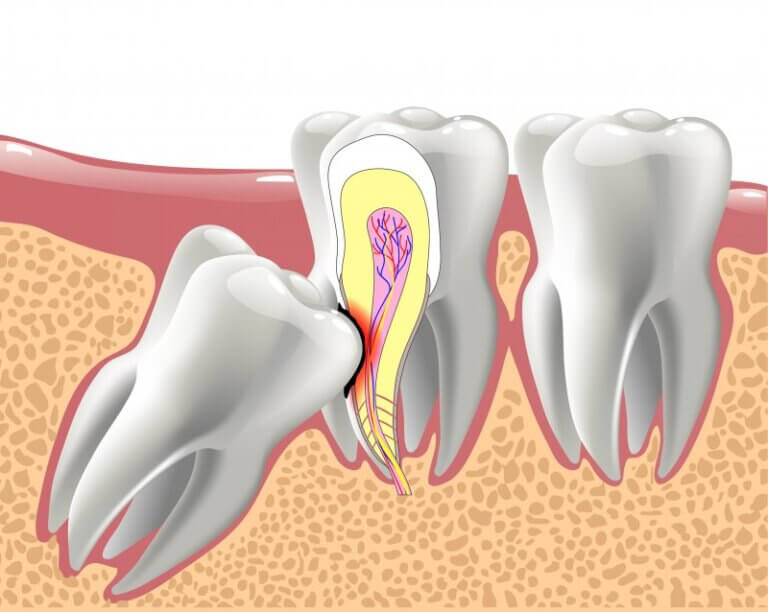
Treatment Options for Impacted Wisdom Tooth
Your dentist may suggest one of the following treatment options based on the severity and type of impaction:
- Observation and Monitoring: If the impacted tooth isn’t causing problems, your dentist may recommend regular check-ups to monitor any changes.
- Wisdom Tooth Extraction: This is the most common solution for impacted wisdom teeth that cause pain or pose a risk of complications. Your dentist or oral surgeon will extract the tooth under local or general anesthesia.
- Coronectomy: When the tooth is close to a nerve, a coronectomy may be performed, where only the crown is removed, leaving the root in place to avoid nerve damage.
- Antibiotics: If an infection is present, antibiotics can help control bacteria and reduce swelling before more definitive treatment.
Discuss these options with your dentist to determine the most suitable approach for your condition. For more information about Impacted Wisdom Tooth, please contact us.
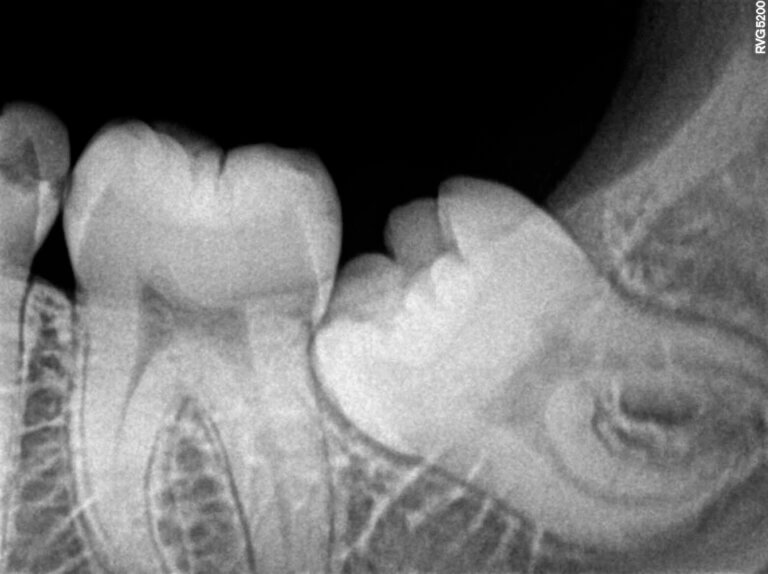
Managing Impacted Wisdom Tooth Until You Can See the Dentist
While waiting to see a dentist, these at-home remedies may help manage discomfort:
- Over-the-Counter Pain Relievers: Ibuprofen or acetaminophen can provide temporary relief from pain.
- Saltwater Rinses: Rinse with warm salt water to reduce inflammation and disinfect the area.
- Avoid Chewing on the Affected Side: This minimizes irritation and pain. Opt for softer foods that don’t require intense chewing.
- Cold Compresses: Apply an ice pack to your cheek near the affected area to reduce swelling.
- Topical Oral Anesthetics: Benzocaine-based gels can provide temporary numbing relief for irritated gums.
- Avoid Hard or Sticky Foods: Hard or sticky foods can worsen discomfort. Stick to soft foods until you can see a dentist.
These measures can help manage symptoms until a dental professional can evaluate and treat the impacted tooth. For more information about Impacted Wisdom Tooth, please contact us.
Frequently Asked Questions About Impacted Wisdom Teeth
- How common are impacted wisdom teeth?
Impacted wisdom teeth are common, with many people experiencing some degree of impaction due to space limitations in the jaw.
- Is it necessary to remove all impacted wisdom teeth?
Not always. If the impacted tooth isn’t causing issues or affecting nearby teeth, your dentist may simply monitor it.
- Can impacted wisdom teeth cause infection?
Yes. Impacted teeth are harder to clean, which can lead to bacteria buildup, inflammation, and infection if left untreated.
- What age is ideal for wisdom tooth removal?
Most people have their wisdom teeth removed between ages 17-25, but it can vary based on individual development and symptoms.
Impacted wisdom teeth can lead to various dental issues if left untreated, but early diagnosis and appropriate management can prevent complications. For more information about Impacted Wisdom Tooth, please contact us.
We also think you’ll like…
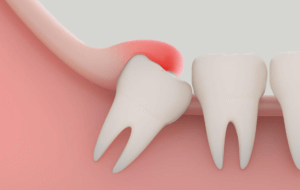
Pericoronitis
Pericoronitis What Is Pericoronitis? Pericoronitis is a common dental condition that occurs when the gum tissue surrounding a partially erupted wisdom tooth becomes inflamed and
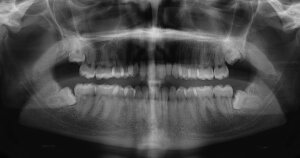
Wisdom Tooth Removal Consent Form
Wisdom Tooth Removal Consent Form There will be some pain, swelling and bleeding following a tooth extraction. This may require pain-relieving medication. Bleeding is usually
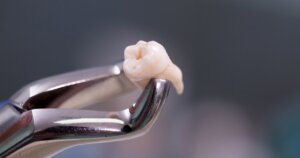
Wisdom Tooth Removal Post Operative Instructions
Wisdom Tooth Removal Post-Operative Instructions What You Should Do After Your Wisdom Tooth Extraction Surgery Wisdom tooth extraction is a surgical procedure to remove one

Wisdom Tooth Pain
Wisdom Tooth Pain What Is Wisdom Tooth Pain? Wisdom tooth pain is a common dental issue that many people experience at some point in their

Oral Surgery Post Operative Instructions
Oral Surgery Post-Operative instructions How To Ensure A Smooth Recovery After Oral Surgery Recovering from oral surgery, whether it’s a tooth removal, wisdom tooth extraction,
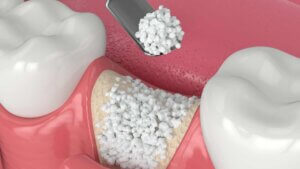
Dental Bone Graft
Dental Bone Graft What Is Dental Bone Graft? Dental bone grafting is a cutting-edge procedure aimed at restoring and strengthening the jawbone, creating a solid

